A Shocking Story of Electric-Car Life
If you travel more than, say, 150 miles from home more than a few times a year, I don’t see an electric car working as your primary vehicle.

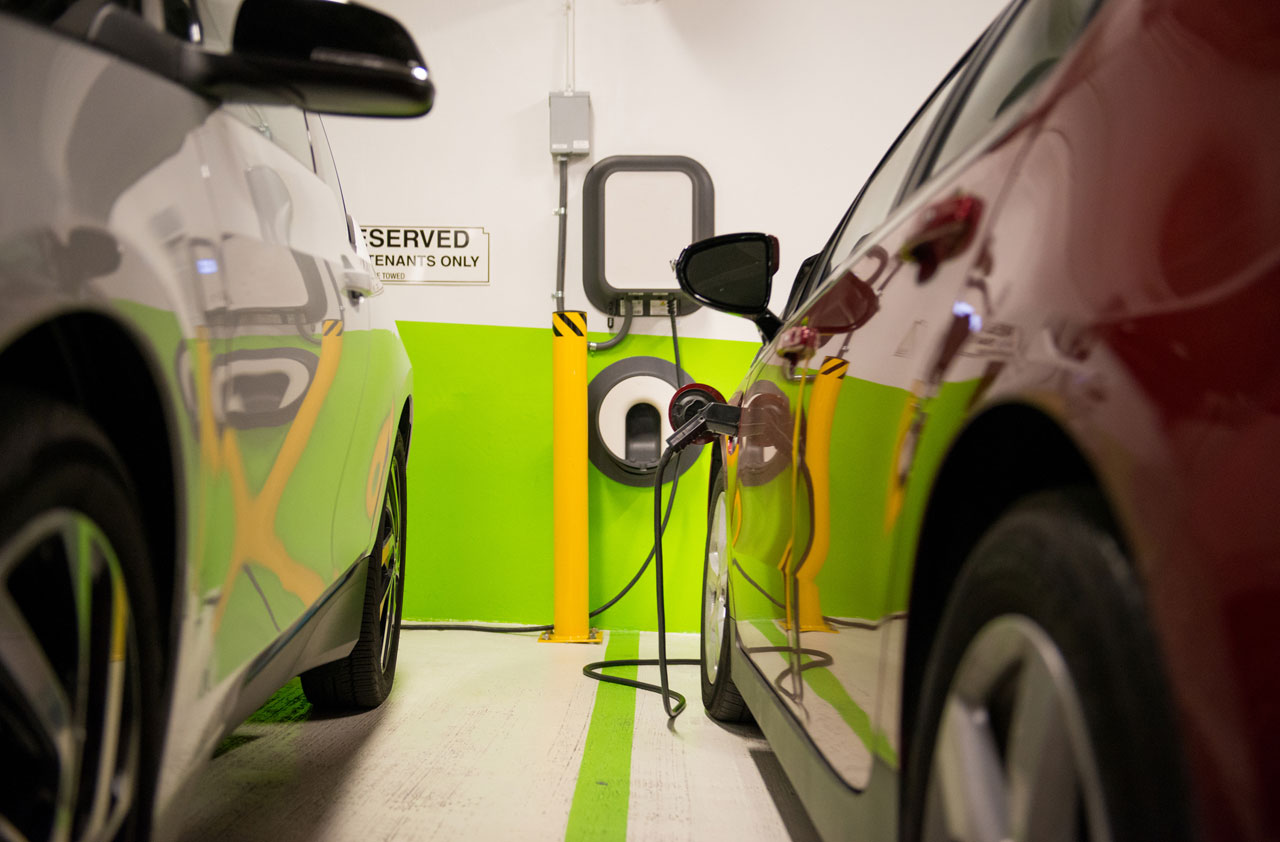
Profit and prosper with the best of Kiplinger's advice on investing, taxes, retirement, personal finance and much more. Delivered daily. Enter your email in the box and click Sign Me Up.
You are now subscribed
Your newsletter sign-up was successful
Want to add more newsletters?

Delivered daily
Kiplinger Today
Profit and prosper with the best of Kiplinger's advice on investing, taxes, retirement, personal finance and much more delivered daily. Smart money moves start here.

Sent five days a week
Kiplinger A Step Ahead
Get practical help to make better financial decisions in your everyday life, from spending to savings on top deals.

Delivered daily
Kiplinger Closing Bell
Get today's biggest financial and investing headlines delivered to your inbox every day the U.S. stock market is open.

Sent twice a week
Kiplinger Adviser Intel
Financial pros across the country share best practices and fresh tactics to preserve and grow your wealth.

Delivered weekly
Kiplinger Tax Tips
Trim your federal and state tax bills with practical tax-planning and tax-cutting strategies.

Sent twice a week
Kiplinger Retirement Tips
Your twice-a-week guide to planning and enjoying a financially secure and richly rewarding retirement

Sent bimonthly.
Kiplinger Adviser Angle
Insights for advisers, wealth managers and other financial professionals.

Sent twice a week
Kiplinger Investing Weekly
Your twice-a-week roundup of promising stocks, funds, companies and industries you should consider, ones you should avoid, and why.

Sent weekly for six weeks
Kiplinger Invest for Retirement
Your step-by-step six-part series on how to invest for retirement, from devising a successful strategy to exactly which investments to choose.
I recall two moments distinctly from my recent drive in a Volkswagen e-Golf. The first was marveling at how this electric vehicle’s instantly available torque made it the best car I’d ever found for the cut-and-thrust of city driving. The second came only 80 miles or so later, as I was feather-footing the same car in the right lane of a divided highway, windows fogged because the air-conditioning was disabled, with a dashboard full of warning messages (including an illuminated turtle to let me know that all that zip I had enjoyed was gone). Most critically, the car’s range gauge indicated it had juice to go only 10 more miles. My destination: a charging station nine miles away.
Electric-car early adopters are now shaking their heads at my plight and saying, “Well, duh, Dave. You’ve got to plan ahead.” But that’s exactly my point: Who does that? Gasoline-powered cars, hybrids included, require only a modicum of attention to keep them fueled. In most areas, gas stations are abundant, and the refueling experience is as consistent as grabbing fast food. You can pick the station based on the quality of the gas or whether they sell lottery tickets inside.
When was the last time you pulled up to a filling station where none of the pumps worked? Or the nozzle didn’t fit your car? Or there was only one pump, and the guy ahead of you needed four hours to fill up?
From just $107.88 $24.99 for Kiplinger Personal Finance
Become a smarter, better informed investor. Subscribe from just $107.88 $24.99, plus get up to 4 Special Issues

Sign up for Kiplinger’s Free Newsletters
Profit and prosper with the best of expert advice on investing, taxes, retirement, personal finance and more - straight to your e-mail.
Profit and prosper with the best of expert advice - straight to your e-mail.
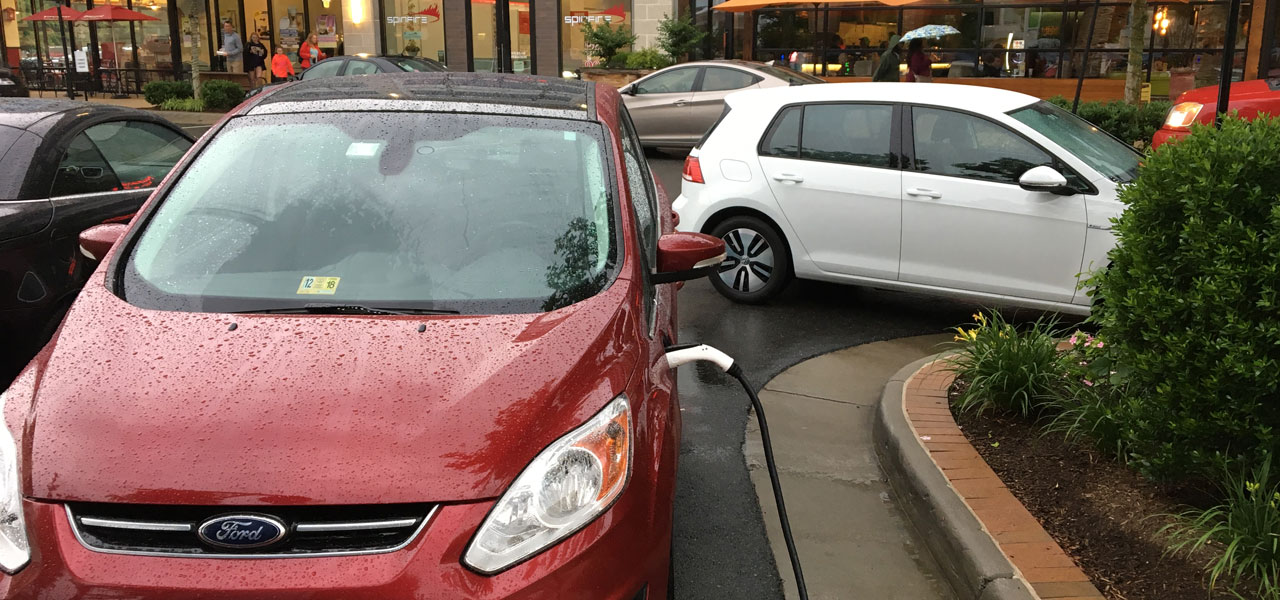
As I sought to recharge my loaner electric, all of those things happened to me, triggering a condition the industry calls range anxiety. It felt more like range panic.
The e-Golf I drove is a battery electric vehicle (BEV). It had an electric motor where a gasoline engine would be and a battery instead of a fuel tank. So, no plug, no go. BEVs sit at one extreme of the range of power choices for today's vehicles. At the other end are internal combustion vehicles that only burn fuel (what we used to just call cars). In between are hybrids that have both electric motors and gas engines, which help charge the batteries and propel the car (think Toyota Prius). Then there are plug-in hybrids with big batteries. If you charge them up at an outlet, the cars will run on electricity alone for a number of miles before their gas engines kick in.
Future of driving. Electric cars have many merits. Besides quick acceleration, and the potential for lower operating costs (because they don’t need gas), they don’t pollute from the tailpipe. Yes, the claimed environmental benefits depend on how the electricity that powers these cars is made, but we don’t have room for that here. The environmental benefit is why big money is being thrown at electric cars around the world. China, in particular, subsidizes them heavily because it wants to meet rising consumer demand for cars and improve its often-dismal air quality.
Not surprisingly, a lot of studies point to many more electric cars in the global future. But is one in your future? That is, will you buy a battery electric as your next vehicle? I doubt it. Sure, there are always the early adopters, who have the commitment and money to make a statement (looking at you, Tesla bros, with your vanity tags saying “ENVT 1,” “4GET GAS” and such). However, if your driving habits take you more than, say, 150 miles from home more than a few times a year, it’s hard to see a true electric working out as your primary vehicle, given the primitive state of the recharging architecture.
My wife’s cousins, Alex Horowitz and Emily Diamond-Falk, are about as green as they come. Their Washington, D.C., row house roof is covered with solar panels. But even they didn’t go fully electric for their first car. “As a one-car household, an all-electric would have covered 90% of our driving,” Emily explained. “But that last 10% matters, too.” They opted for a Chevrolet Volt, a plug-in hybrid. On longer trips, such as the 650-mile drives they take to visit her mom in Michigan, the gas engine kicks in, saving them the hunt for a charger.
That said, BEVs do work for some people. Got a predictable commute and room for a charger at home? You could save money because electrics are inherently more efficient than gas cars at turning energy into motion. Take my e-Golf: Running it 100 miles would cost about $3.60 for the electricity. For a gas-burning Golf, it would cost $10.50 in gasoline. While the manufacturer’s suggested retail price on the e-Golf is substantially higher than the gas model, a $7,500 federal tax credit is available. Another electric cost-saver: Lower maintenance costs, starting with no oil changes. Those savings might cover a few car rentals if you need a car with the range for a proper road trip.
What about Tesla? The cars are impressive, sure, with mind-blowing acceleration and range well over 200 miles, but, for now, they’re very, very dear. The saga of whether Tesla can meet demand and become a mainstream car manufacturer (with affordable products) is fascinating to watch, but whether the company will survive is not a judgment I’m qualified to make. Notably, Tesla has developed a charging system that can move the electrons a whole lot faster. Just stop in for a 30-minute top-off at one of their “Superchargers” located around the country. But only in a Tesla. Work is being done on fast chargers for other vehicles (including by VW), but it’s far from complete.
In case you’re wondering whether I reached the charger or had to call for a flatbed to haul away a now-useless car (remember, a friend can’t bring you a can of electrons), I’m proud to say that I made it.
The destination was Washington Dulles International Airport in Virginia, where my ChargePoint app said there were eight charging plugs in the daily garage, some of which were available. That was technically true: When I crawled into the parking garage, several of the chargers (analogous to pumps) were ready to deliver juice, as the last customers’ cars were fully charged. But those cars were all still in the parking spots, with their owners off to Dubuque—or Dubai.
With the e-Golf on its last few watts, I blocked a few of them in, unplugged one of the space hogs and made the charging cord stretch out to the aisle. I hooked up for my “free” electricity—enough charge to make it home—and fell into fitful sleep in the driver’s seat. I then had to pay $17 to get out of the garage.
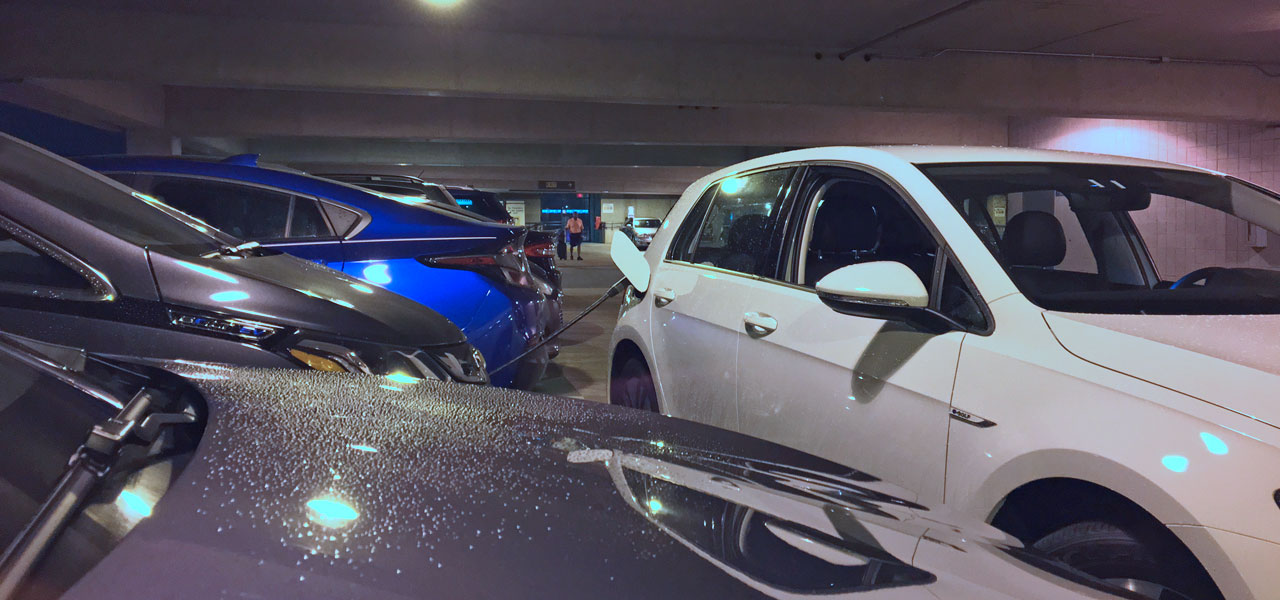
Profit and prosper with the best of Kiplinger's advice on investing, taxes, retirement, personal finance and much more. Delivered daily. Enter your email in the box and click Sign Me Up.

In his former role as Senior Online Editor, David edited and wrote a wide range of content for Kiplinger.com. With more than 20 years of experience with Kiplinger, David worked on numerous Kiplinger publications, including The Kiplinger Letter and Kiplinger’s Personal Finance magazine. He co-hosted Your Money's Worth, Kiplinger's podcast and helped develop the Economic Forecasts feature.
-
 4 Estate Planning Documents Every High-Net-Worth Family Needs
4 Estate Planning Documents Every High-Net-Worth Family NeedsThe key to successful estate planning for HNW families isn't just drafting these four documents, but ensuring they're current and immediately accessible.
-
 Love and Legacy: What Couples Rarely Talk About (But Should)
Love and Legacy: What Couples Rarely Talk About (But Should)Couples who talk openly about finances, including estate planning, are more likely to head into retirement joyfully. How can you get the conversation going?
-
 How to Get the Fair Value for Your Shares in This Situation
How to Get the Fair Value for Your Shares in This SituationWhen a sale of substantially all corporate assets is approved by majority vote, shareholders on the losing side of the vote should understand their rights.
-
 10 Things You Should Know About Buying a Car Today, Even if You've Bought Before
10 Things You Should Know About Buying a Car Today, Even if You've Bought BeforeIf buying a car is on your to-do list, and it's been a while since you went shopping for a new one, this guide will help avoid any nasty shocks in the showroom.
-
 Get the Best Car Deal in Retirement: Here's the Trick
Get the Best Car Deal in Retirement: Here's the TrickPlanning on shopping for a new car this Labor Day weekend? Here’s how to haggle for a better price, even though you're retired.
-
 New Car Loan Interest Deduction: Which Vehicles and Buyers Qualify
New Car Loan Interest Deduction: Which Vehicles and Buyers QualifyTax Breaks Trump and the GOP are now offering a tax deduction for auto loan interest. How will it work?
-
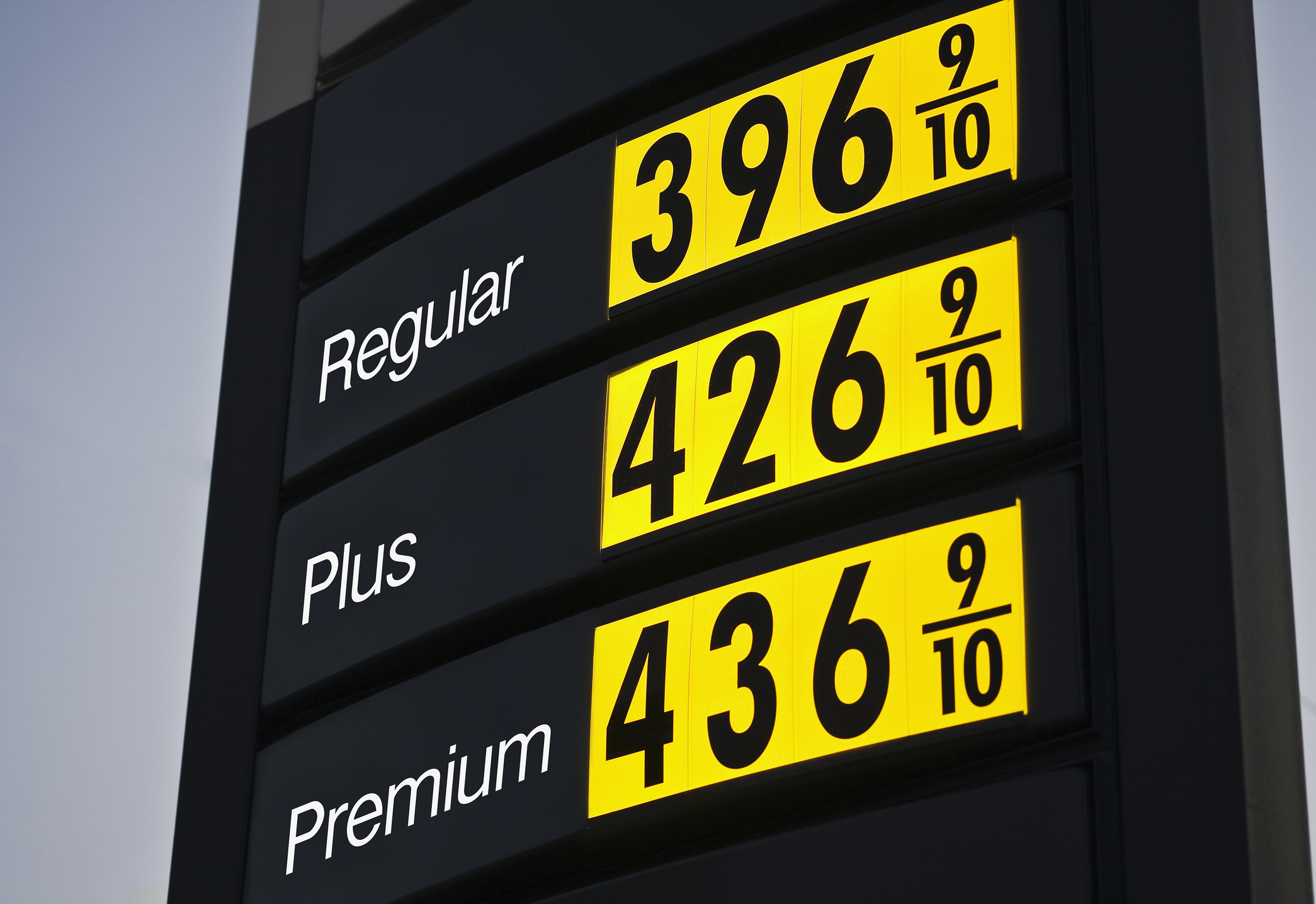 7 Gas-Saving Tips That Actually Work
7 Gas-Saving Tips That Actually WorkThese are gas-saving tips that will actually work for you and your car this year.
-
 Want to Lease an EV? The Tax Credit 'Loophole' for That Is Going Away Soon
Want to Lease an EV? The Tax Credit 'Loophole' for That Is Going Away SoonTax Credits If you are deciding whether to lease or buy an electric vehicle, here is what you need to know about how the EV lease tax credit works now that it will be eliminated under Trump's new tax law.
-
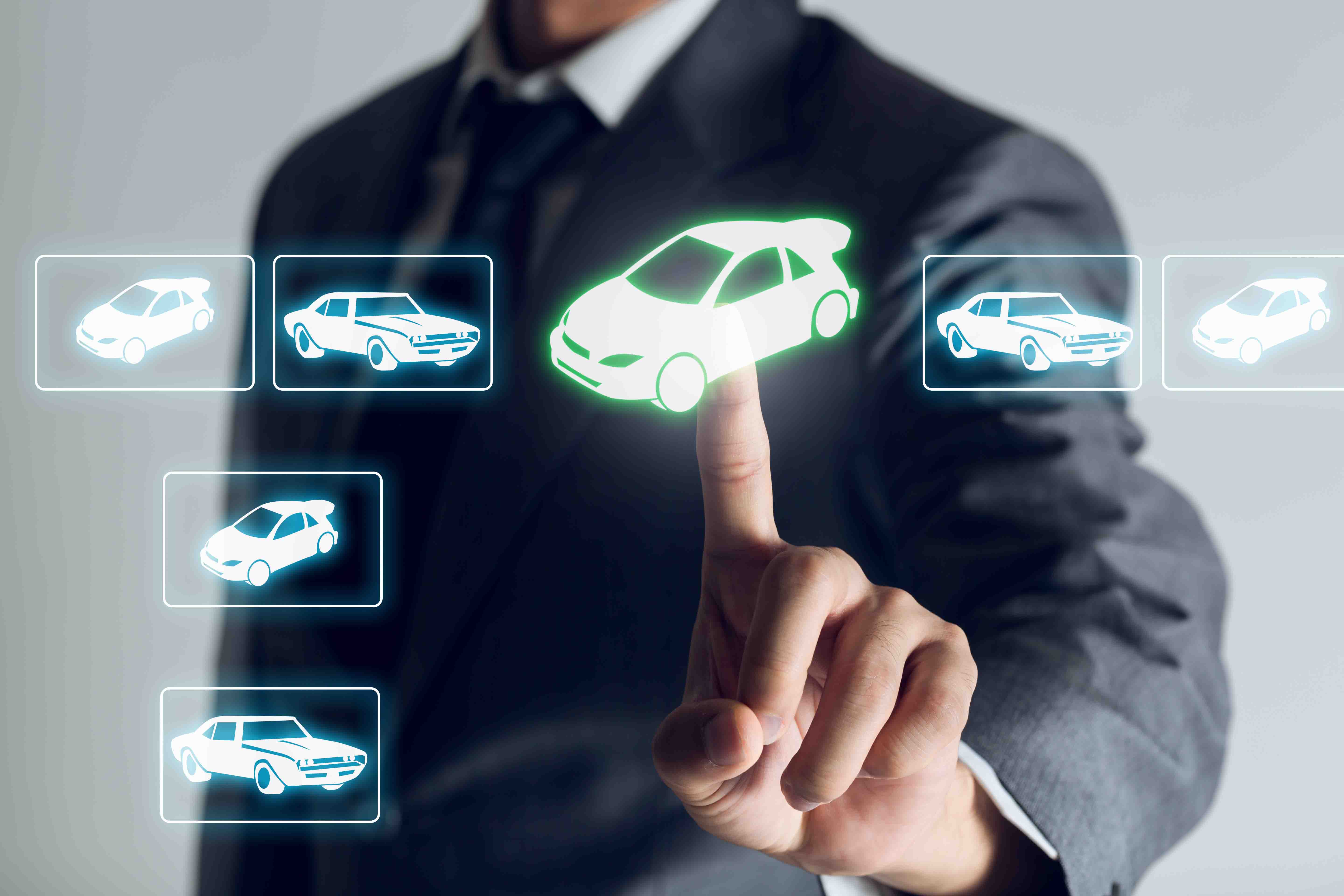 Car Buying in a Topsy-Turvy Market
Car Buying in a Topsy-Turvy MarketYou need a new car? Good luck with that! What should you do? We've got some answers.
-
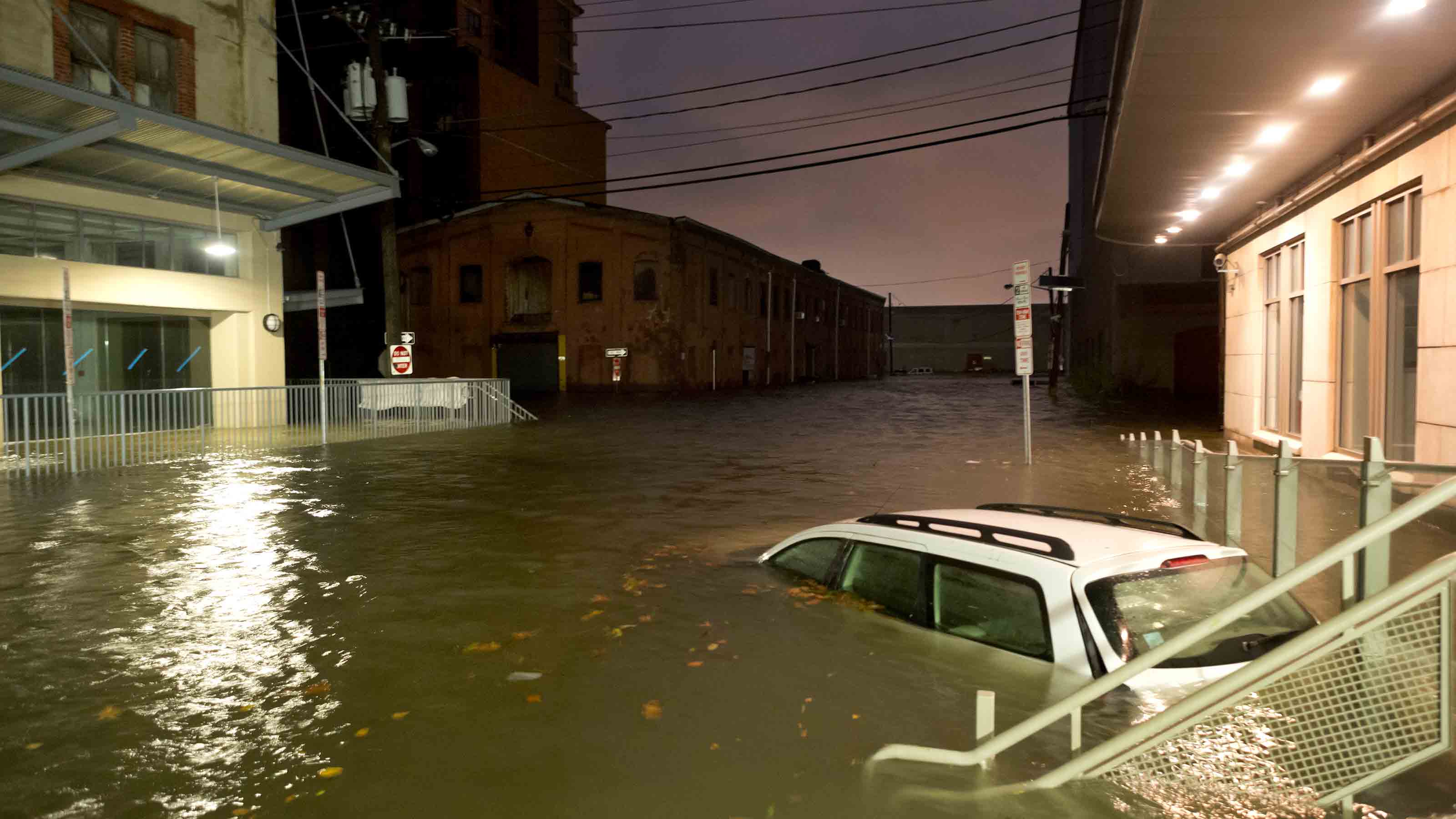 Watch Out for Flood-Damaged Cars from Hurricane Ian
Watch Out for Flood-Damaged Cars from Hurricane IanBuying & Leasing a Car In the wake of Hurricane Ian, more flood-damaged cars may hit the market. Car prices may rise further because of increased demand as well.
-
 Car Buyers: The 3-Day Grace Period Is Just a Myth!
Car Buyers: The 3-Day Grace Period Is Just a Myth!Buying & Leasing a Car Many car buyers think they have three days after making a purchase to return a car. Here’s where they’re going wrong, and what they should do instead to get a decent used car.